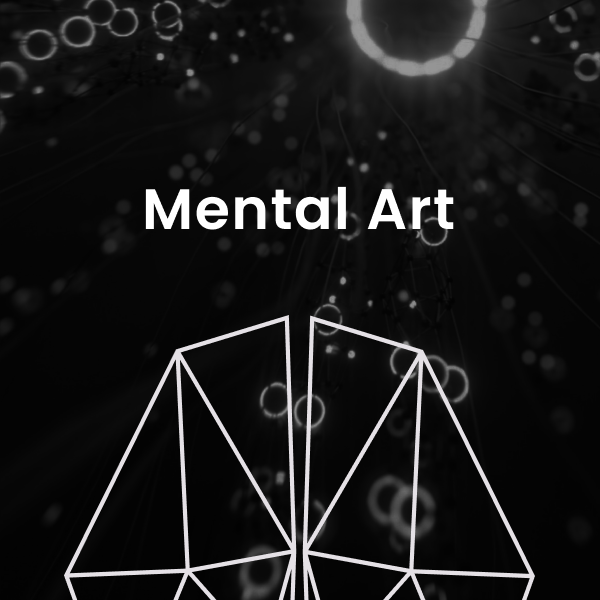

Challenges of Time Management
1/31/2024Success in today's world is often attributed to the ability to handle your time. Skillfully managing various chores, meeting deadlines, and making the most of every moment can be incredibly fulfilling, and it has the power to rescue relationships, jobs, and even sanity.
But there's another side to time management that doesn't get enough attention— the dangers of being too focused on optimizing your schedule. In the seemingly endless quest to accomplish more with less time, people's health and happiness can take a back seat to their obsession with efficiency, which paradoxically reduces their well-being.
A Misconception About "Wasted Time"
It is a prevalent misunderstanding that any chunk of time not utilized productively is wasted. Unfortunately, this view disregards the fact that our lives are unpredictable and that we can never know for sure how our choices will play out in the future. Consider how important it is for mental health to take breaks, even if they are typically seen as unproductive. Instead of trying to fit everything in, we should focus on making sure that our time is well-aligned with the things that are important to us.
False Hope of "Making Up for Lost Time"
Many people are stuck in a scarcity mindset because they believe in the fallacy that time can be reclaimed. Time, once lost, is truly lost forever. Wanting to “make up” for it leads to exhaustion in the long run. Time lost is an inevitable component of life's natural ebb and flow, and it's crucial to realize that not every moment may be usefully used.
Embracing Multiple Purposes
Only approximately 2.5% of people can multitask effectively. The majority of us tend to exaggerate how well we can juggle numerous projects at once. This arrogance frequently results in less efficiency and more aggravation. One of the most revolutionary things you can do for your time management is to realize that focused, single-tasking is often more efficient.
Time Management and Self-Esteem
At the heart of these misunderstandings is a perilous idea: that our value as individuals is dependent on how well we manage our time. We fall into this trap as a society when we think our identity is defined by how much we accomplish, how much money we make, and how many material items we own. To have a more positive relationship with time, it is crucial to escape this perspective.
Embracing the Passage of Time
If you want to improve your time management skills, you should start by learning to avoid these common mistakes. We may shift our perspective from seeing time as an adversary to a resource by learning to make smart use of it in a way that prioritizes both our productivity and our happiness. Accepting that time is limited and making the most of it in a manner that supports our health and values is the key.
An Early Morning Rise




